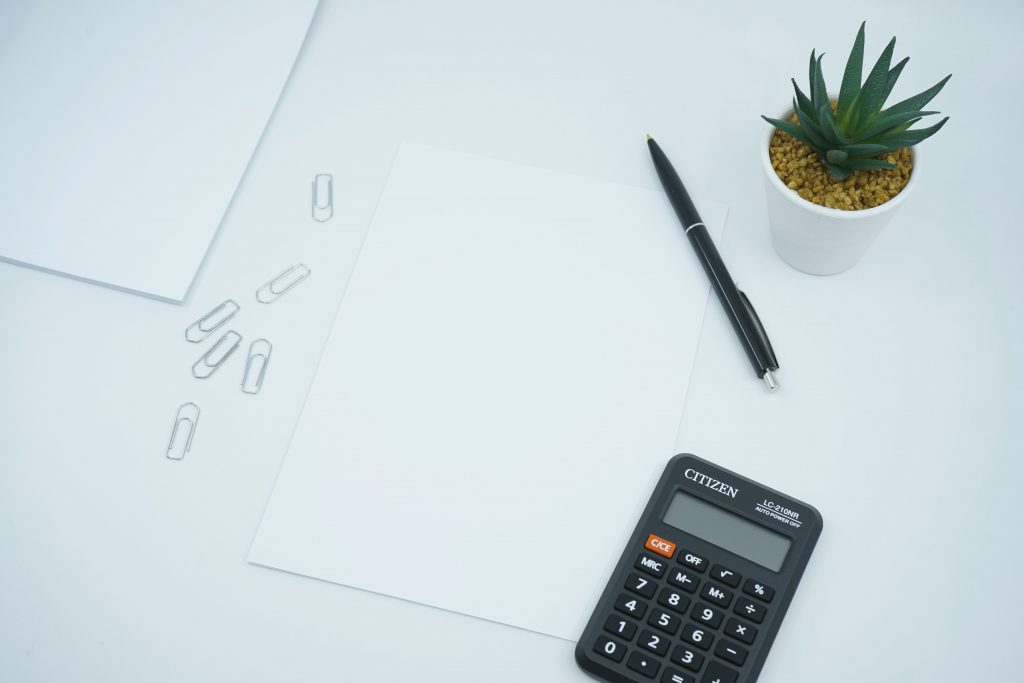When it comes to money and your plans, it can be hard to balance all your different wants and dreams and prepare for those unexpected events in life. No one cares more about your financial well-being than you do – so you need to take time and reflect on your goals and needs with money. Having a solid idea of your goals will allow you to save money, have funds for wants and help you achieve long-term goals. Financial planning is critical to achieving a better mindset with money – especially with the help of professionals.
It won’t come as a surprise, but everyone has different needs with their finances – so their financial plans will be different. It marks a new chapter of your financial journey; keep reading to find out how to build a solid financial plan.
Creating a list of items you want to tackle within this plan is the first step. The list below are the essentials you need in this plan:
- A monthly budget (input and output of income)
- A debt and spending plan within your budget
- An emergency account
- A diversified portfolio of investments
- Your income streams
- Savings (both short-term and long-term)
- Insurance (health, home & life)
Once you’ve determined all of this, you can work on putting it all together. Starting with what your financial goals are. You should have a clear idea of what you want to achieve and why you’re saving in the first place. What long-term and short-term goals are you hoping to achieve? Where do you want to be in five or even ten years?
Creating your budget is your next step. This will be your monthly income flow plan – give yourself leeway here. Your spending should reflect your priorities and values. It allows you to take control of your finances and make sure your needs are fulfilled.
Planning for taxes doesn’t seem as important as the previous two – but it’s essential not to be caught out with a bill you weren’t expecting. Look through potential income tax and deductions you can claim for your income streams. Ensure you keep all the necessary documents in one place so you don’t have to scramble in a panic once tax time rolls around.
Having an emergency fund ensures you won’t get stuck if something suddenly changes your life. A general rule of thumb is that your emergency funds should have three to six months’ worth of funds to keep you afloat if you need it.
When creating a financial plan, it’s essential to consider how different types of insurance will factor in. We never know what’s hiding around each corner of our lives, so identify any gaps you may have to fill them with insurance to make sure you are fully protected.
A financial plan isn’t a final document you’re stuck with for the rest of your life – it’s a tool you can use to track your progress for goals and should be adjusted as your life continues to change. As a baseline, you should be altering your financial plan after significant life events (i.e. marriage, new jobs, children or losing loved ones). If you struggle to put together a cohesive strategy – contact us today for more help.






